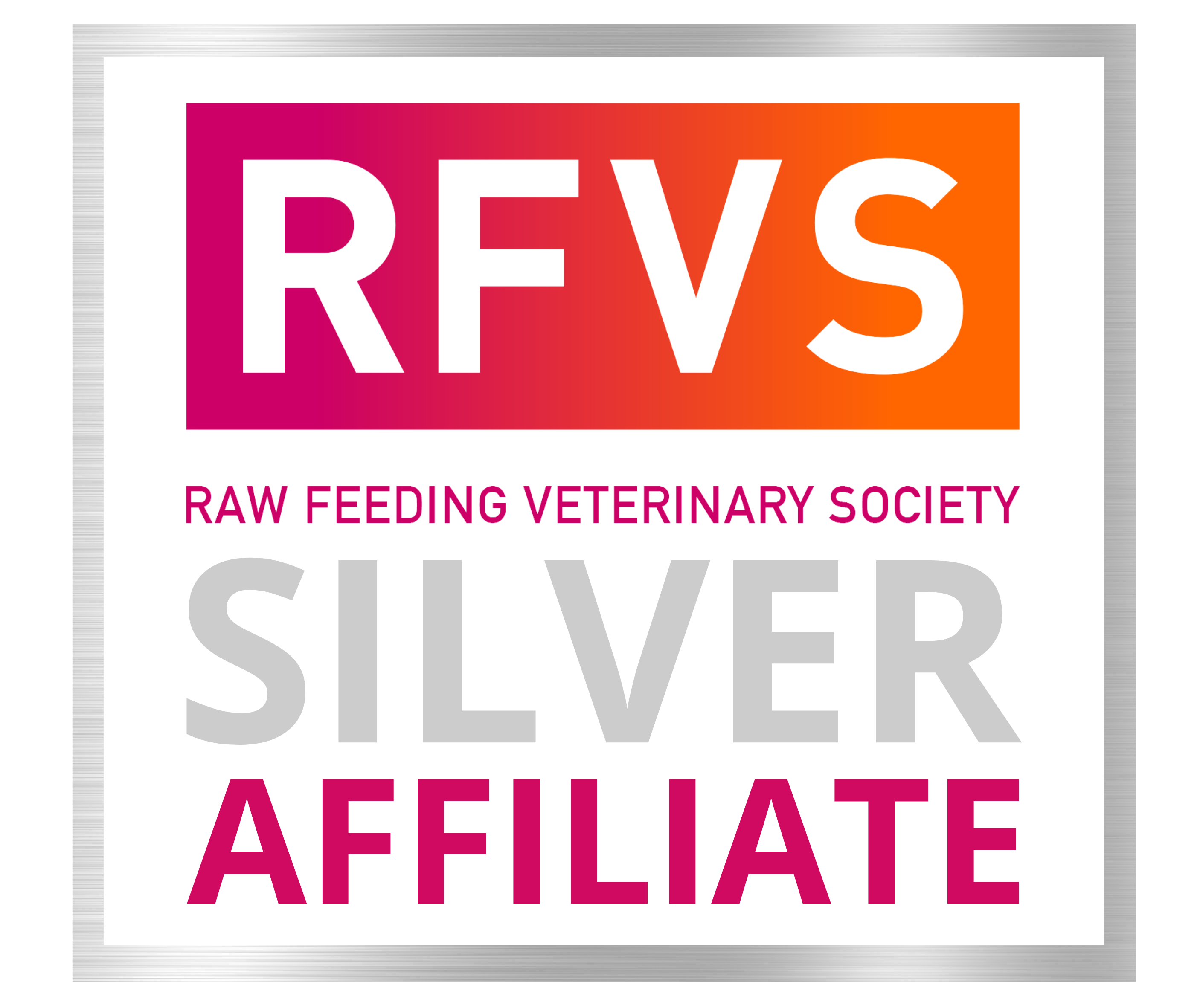Urinary Tract and Kidney Disease
URINARY TRACT DISEASE
Feline Lower Urinary Tract Disease (FLUTD) is commonly diagnosed in cats; frequently involving bladder inflammation (cystitis) and crystals, and less commonly bladder stones and infection. Symptoms include blood in the urine, frequent squatting, and pain when urinating. In males, the urinary tract may fully block, which is life threatening.
The conditions that favour the development of FLUTD include:
· Chronic dehydration: Adequate hydration is important to flush the urinary system and maintain urinary tract health. When cats fail to consume adequate fluid their urine becomes too concentrated which can irritate the bladder wall, potentially leading to inflammation, crystals and stones.
· High Fibre: It makes little sense to feed a high fibre diet to a carnivore. Plant fibre draws water into the colon, which may compound dehydration.
· Carbohydrates: Grains and starches in a processed diet can cause the urine to become more alkaline (high pH) which in turn may lead to the formation of crystals (usually struvite).
· Anxiety: Anxiety can also cause alkaline urine.
CHRONIC KIDNEY INSUFFICIENCY
Chronic kidney (renal) disease (CKD) is an irreversible, progressive loss of kidney function and/or structure. In order to be defined as chronic (as opposed to acute kidney injury), kidney damage must exist for at least 3 months. Studies have reported that 10% of dogs and 30% of cats >15 years old have CKD.
Inorganic phosphorus added to commercial diets can be a factor. Cats are unable to adequately regulate absorption of inorganic phosphorus, which may lead to excessive levels in the blood. Natural phosphorus in a raw diet is absorbed and regulated by the gut.
Good moisture content in the diet will support kidney health.
A well-planned raw diet provides optimal levels of high quality, easily digestible protein; plenty of essential fatty acids and B vitamins; and an appropriate calcium to phosphorus ratio.
We successfully manage many cats with chronic (long term) kidney disease on a well-planned raw diet. Not every cat with kidney disease is a suitable candidate for raw feeding. We make a decision to transition a cat based on our assessment of their condition, in conjunction with input from their primary veterinarian.
SOLUTIONS
The most important preventive step you can take to avoid these problems is to feed your cat a high-moisture diet. Your cat is not motivated to drink enough and will need to get water from food. A raw food diet contains high moisture levels that will keep the urinary tract healthy by ensuring the correct pH in the bladder and a good flow of urine.
Always tell your Veterinarian if you suspect your pet is showing symptoms or urinary or renal disorders.

